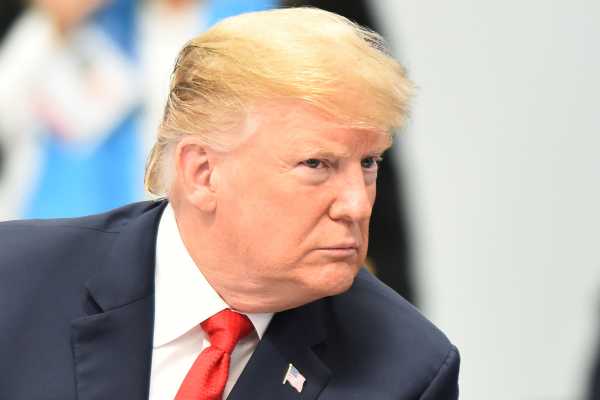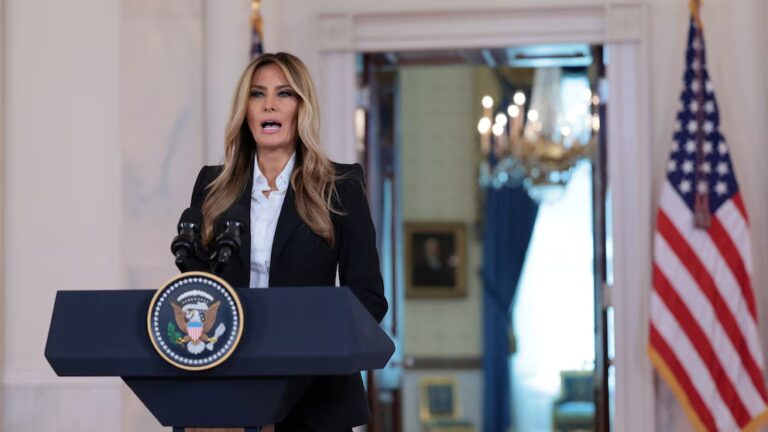
America, meet your newest superhero: He likes protectionist trade policies! Even though it’s not clear if he understands how they work.
It’s Tariff Man!
Okay, it’s not a real superhero. But it is Trump’s latest nickname — for himself.
The United States president introduced us to his alter ego in the middle of a series of tweets about a recent trade compromise reached with China at the G20 summit in Buenos Aires and future negotiations between the two countries.
“….I am a Tariff Man,” Trump wrote. “When people or countries come in to raid the great wealth of our Nation, I want them to pay for doing so.” He added that it would “always be the best way to max out our economic power” and that the US is “now taking in $billions in Tariffs.”
But Tariff Man seems to be a bit unclear on what his superpowers actually do.
As Vox’s Emily Stewart has written, “That’s not really how tariffs work. The US may be generating some revenue from tariffs, but billions of dollars aren’t pouring in. Moreover, a lot of the money that is made off of tariffs comes from US consumers — not Chinese companies.”
So Trump’s tweet may not be factually accurate, but it did provide the internet with the chance to take a break from worrying about the potential escalation of a trade dispute between two of the world’s biggest economies and make some “Tariff Man” memes.
(Note: The above tweet is from a parody account, not the actual news service of the North Korean government.)
Jokesters on the internet weren’t the only ones who took notice of “Tariff Man”
The stock market took a nosedive Tuesday afternoon as investors started to reconsider the trade-war ceasefire that the White House claimed to have reached with China. Trump — er, “Tariff Man” — made it clear that he’s willing to keep using tariffs as a negotiating tactic if he doesn’t reach a concrete deal with Beijing.
To recap: Trump agreed, during a working dinner with Chinese President Xi Jinping, to hold off increasing tariffs from 10 percent to 25 percent on about $200 billion worth of Chinese products for 90 days, during which time the US and China would try to come to a bigger trade agreement and tackle major bilateral issues, such as intellectual property rights. In exchange, China would purchase some undetermined amount of US products.
On Monday, Trump touted the deal and claimed that China had agreed to reduce tariffs on US cars from 40 percent to zero. All this good news seemed to signal a real breakthrough, until it became clear that this agreement with China turned out to be shakier than originally advertised.
“We don’t yet have a specific agreement on that, but I will just tell you, as an involved participant, we expect those tariffs to go to zero,” Larry Kudlow, the National Economic Council director, said on a call with reporters Monday.
This lack of clarity has raised questions about whether this handshake agreement will do much to ease tensions with China. And Trump’s aggressive 90-day timeline doesn’t give Chinese and US officials much time to reach a consensus on complicated issues that have previously left the two sides at an impasse.
So Tariff Man, rather than saving America from a trade war, may have left more confusion in his wake.
Sourse: vox.com






